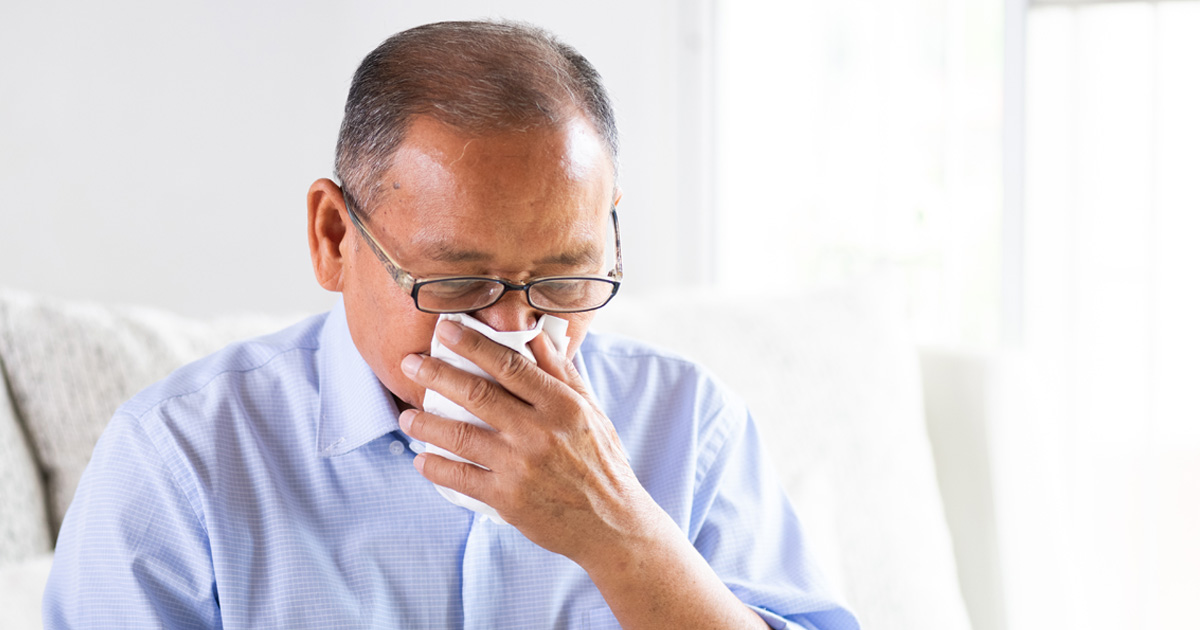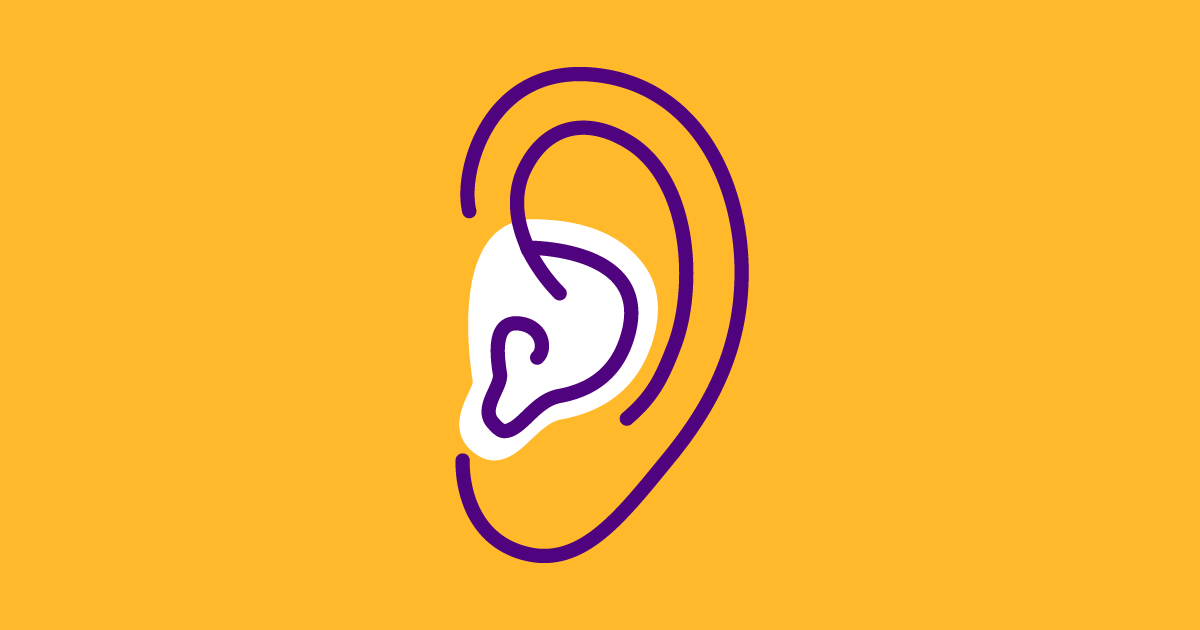You may have heard a lot of people talking about RSV recently – and for good reason.
Many health officials are referring to this season as a “tripledemic,” as the Centers for Disease Control and Prevention (CDC) are tracking an increase in RSV, flu and COVID-19 cases simultaneously.
You may be wondering, “What is RSV?” or “Why is RSV more common this year?”
To help you feel better prepared this season, find the answers to commonly asked questions about RSV below, sourced from the CDC website.
What is RSV?
Respiratory syncytial virus (RSV) is a common virus that infects the lungs and can cause mild, cold-like symptoms. RSV can also progress to bronchiolitis or pneumonia in high-risk patients.
Who is at risk for RSV complications?
While RSV cases are most commonly seen in children, it can be dangerous for older adults if they become infected. Older adults pose a higher risk for RSV complications since our immune systems weaken with age.
Each year, up to 120,000 older adults in the U.S. are hospitalized for an RSV infection. If you are an older adult living with a chronic condition such as heart or lung disease or a weakened immune system, you are considered high risk and may be more susceptible to a severe RSV infection.
Although most children will have had an RSV infection by their second birthday, small infants are still seen as high risk as well. Up to 80,000 children under five become hospitalized yearly for RSV.
Why has RSV been so bad the past few years?
The peak season for RSV typically runs from late December to early February. However, peak season has had an early start the past few years with cases reaching an all-time high mid-November 2022.
In addition to increases in transmissions, the CDC is also showing a large increase in RSV-related emergency department visits and hospitalizations.
While RSV cases are most commonly seen in children, it can be dangerous for older adults or infants if they become infected.
With the holidays fast approaching and large gatherings taking place, it is important to learn about RSV and how to protect yourself from an infection.
How is RSV spread?
Just like a common cold, RSV is easily spread through commonly touched surfaces or by inhaling virus droplets in the air. Having close contact with a sick child or person is another way you may catch the infection.
What are the symptoms of RSV?
RSV usually presents with mild cold-like symptoms such as:
- Runny nose
- Decrease in appetite
- Coughing
- Sneezing
- Fever
- Wheezing
If you are high risk and develop any symptoms of RSV, it is important to visit your physician. Symptoms of RSV can become severe and might lead to more serious conditions like:
- Pneumonia
- Worsening of asthma
- Worsening of chronic obstructive pulmonary disease (COPD)
- Congestive heart failure (CHF)
What do I do if I think I have RSV?
There are ways you can help yourself feel better at home like:
- Drinking plenty of fluids
- Getting a lot of rest
- Managing your fever or pain levels with over-the-counter medicines such as ibuprofen or acetaminophen
While most RSV infections will go away within a week or two, if you are having difficulty breathing or are experiencing worsening symptoms, reach out to your physician as soon as possible.
How can I prevent RSV?
To avoid spreading an RSV infection, you can:
- Wash your hands often
- Keep your hands off your face
- Avoid close contact with anyone who is sick
- Cough and sneeze into your elbow
- Clean and disinfect surfaces often
- Stay home when you feel sick
Is there a vaccine for RSV?
In May 2023, the U.S. Food and Drug Administration approved the first ever RSV vaccine, Arexvy.
According to the CDC, older adults with chronic conditions affecting the heart or lungs, or weakened immune systems are at a higher risk for RSV infection. If you are experiencing these risk factors and are eligible for the RSV vaccine, the CDC recommends consulting with your physician to determine if you should receive the vaccine.
If you are an older adult who is considered high-risk, your physician may recommend home health services to help you remain safe in the comfort of home.
Social Share
At Enhabit our patients are our number one priority. From providing the latest medical practices to building deep personal connections, we’re focused on upholding every patient’s dignity, humanity and sense of control on their health care journey.
Home health
Our home health services give patients access to the care they deserve in the comfort of their own homes. From disease and injury management to recovery from surgery, our clinicians help patients confidently achieve their healthcare goals.
Hospice care
Our hospice care services place importance on the comfort of every patient living with a terminal illness. Our caring professionals are dedicated to providing not just physical care, but spiritual and emotional support to every patient and their loved ones.

 Back to Resource library
Back to Resource library




